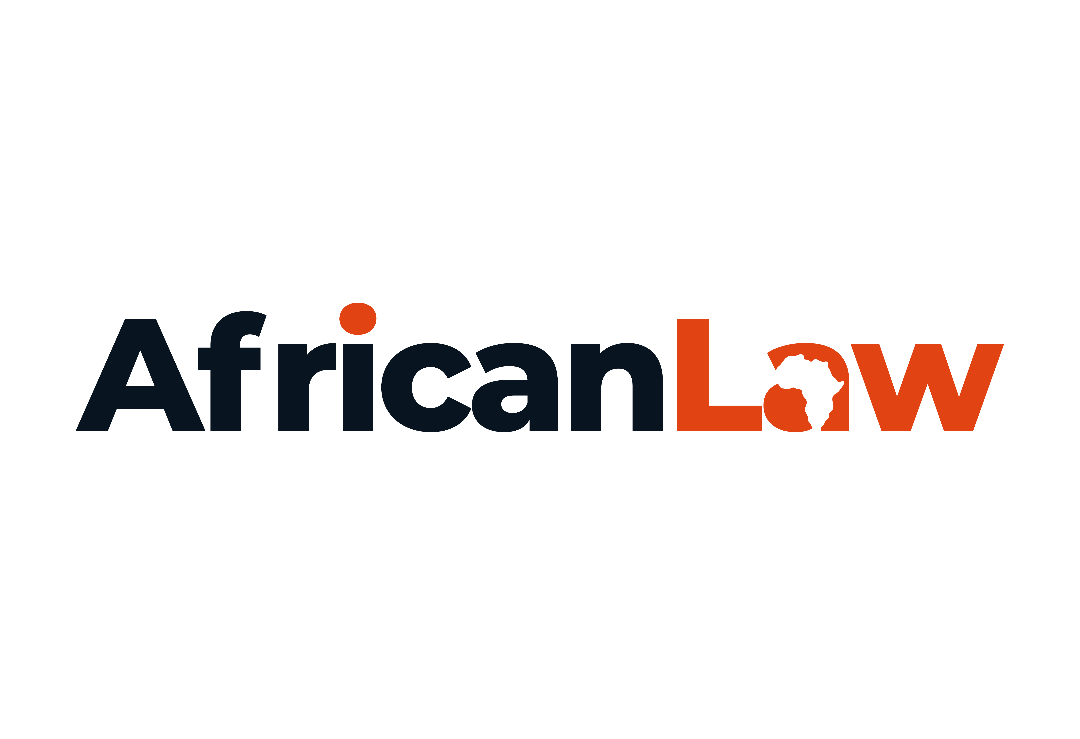Introduction
Egypt’s population, exceeding 100 million, is driving significant demand for healthcare services, pharmaceutical products, and related technology. The country is also a major medical tourism destination generating up to $14.4 billion in 2024, due to its strategic location and growing medical facilities. This marks a five-fold increase from 2022, reflecting growing confidence in Egypt’s healthcare services.
We took a deep into some research assessing what investment opportunities that Egypt’s legal regime presents, the environment appears to be quite promising when it comes to the health care sector. At AfricanLaw, we provide investors with actionable legal insights to navigate this complex but opportunity-rich environment. Our latest analysis outlines how Egypt’s evolving legal and regulatory framework supports the growth of healthcare technology. Some of the key investment opportunities include telemedicine platforms, mobile health applications, remote monitoring devices, health information systems, electronic health records (EHR) and medical diagnostic tools such as AI-powered imaging systems. Egypt’s rural areas, with limited access to healthcare, further highlight the need for these technologies. In addition, investments in medical devices and digital healthcare solutions, including software for billing and electronic prescriptions, are increasingly relevant in the country’s evolving healthcare landscape.
Below we highlight some key legislative pieces that investors need to get acquainted with, particularly in healthcare technology, as Egypt seeks digital solutions to meet the demands of its local population and medical tourists.
Egypt’s Legal and Regulatory Framework
Healthcare in Egypt is governed by a mix of constitutional provisions and laws enforced by various governmental bodies. The 2014 Egyptian Constitution guarantees the right to health for every citizen. Article 18 obligates the state to ensure that healthcare services are accessible, affordable, and of high quality. It also mandates that the government manages healthcare facilities efficiently and transparently.
Law No. 127 of 1955 (the pharmacy law) and Law No. 99 of 1992 (the health insurance law), for example, regulate aspects of medical practice and insurance. More recently, Egypt has made notable reforms to its healthcare sector. Law No. 206 of 2017 regulates the promotion of healthcare goods and services, including advertising restrictions and an oversight committee that monitors related content.
A significant milestone in the reform process is the Universal Health Insurance Law (Law No. 2 of 2018). This law aims to create a comprehensive health insurance system, providing financial protection and focusing on primary healthcare. The law is being implemented in phases, with a goal of universal coverage for all Egyptians.
More interestingly, in 2024, Egypt enacted Law No. 87, to regulate the granting of public facilities' commitment to healthcare development. This law allows the private sector to establish, manage, and operate healthcare facilities, including public hospitals, offering investors a significant opportunity. It enables foreign and local entities to enter into concession agreements, promoting investment without restrictions on nationality or legal form. This law clearly highlights the country’s deliberate approach to opening the healthcare sector for foreign investors.
Challenges to consider
Despite advances in the legal and regulatory landscape, Egypt’s healthcare system faces challenges that hinder its effectiveness. One significant issue is limited access to quality healthcare, particularly in rural regions, where facilities and services are often inadequate. Underfunding continues to impede infrastructure development, and the shortage of skilled personnel is exacerbated by the emigration of healthcare professionals seeking opportunities abroad.
Egypt must therefore be able to address emerging issues such as the rise of non-communicable diseases, rapid technological advancements in medicine, and the impact of climate change on public health in order to see the true benefits of its legal reform. The legal framework, while progressive, must adapt to meet these evolving challenges and ensure the healthcare system can effectively respond to future needs. These challenges present an opportunity for foreign investors looking to do business in the country’s healthcare sector.
Conclusion
Egypt’s healthcare sector presents attractive investment opportunities, particularly in healthcare technology, due to its large and growing population, the rise in medical tourism, and ongoing reforms in health insurance and infrastructure. At AfricanLaw, our lawyers offer strategic and actionable legal and regulatory intelligence to help investors navigate Egypt’s healthcare sector with confidence. With tailored insights on Egypt’s healthcare reforms and cross-border investment protocols under frameworks like AfCFTA, AfricanLaw is an indispensable partner for informed, compliant, and scalable entry into Egypt’s evolving healthcare landscape.

















